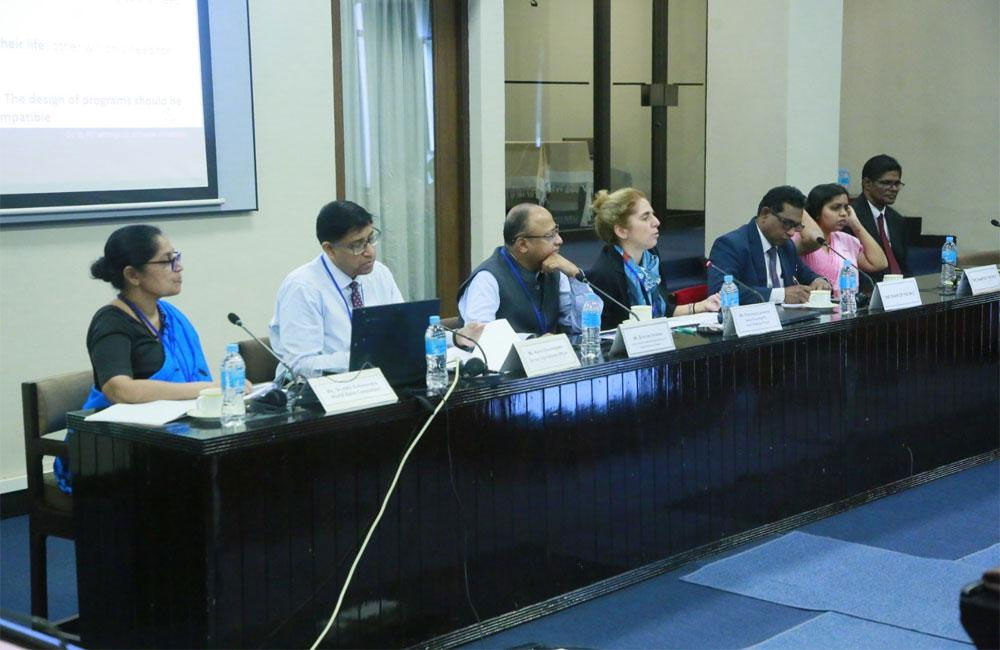Sri Lanka’s flagship Aswesuma social welfare program, designed to support low-income families, has come under renewed international scrutiny as the World Bank and International Monetary Fund (IMF) urge the government to strengthen its targeting mechanism, maintain accurate beneficiary databases, and improve program transparency.
At a recent parliamentary meeting attended by World Bank representatives, senior Finance Ministry officials, and members of key parliamentary committees on finance and economic development, international partners stressed the urgent need for a comprehensive and continuously updated digital database to ensure that welfare benefits reach genuinely poor and vulnerable citizens.
According to a statement from the Parliament Secretariat, World Bank officials said the establishment of a reliable social security data system is “a productive investment” that will allow authorities to correctly identify eligible households and prevent inclusion errors and political bias. They further clarified that merely being listed in the system does not guarantee Aswesuma eligibility each case must be verified through data analysis.
The Aswesuma program, which replaced the long-running Samurdhi welfare scheme, is a key pillar of Sri Lanka’s IMF-backed reform agenda aimed at improving fiscal efficiency and reducing poverty through better-targeted subsidies. However, the initiative has faced widespread criticism for exclusion errors, data inconsistencies, and lack of transparency in beneficiary selection.
The IMF, in its recent review of Sri Lanka’s Extended Fund Facility (EFF), reiterated that reforms to the social protection system are central to the bailout program’s success. The Fund has emphasised that welfare spending must prioritise the “most vulnerable households” while phasing out inefficient and politically influenced cash transfers. Maintaining a credible, transparent, and verifiable Aswesuma registry has thus become both a social and fiscal condition tied to continued international support.
During parliamentary discussions, lawmakers raised concerns about the fairness of the selection process and proposed the formation of village-level committees to identify deserving families. They also called for public display of beneficiary lists to enhance accountability and reduce political interference.
Officials from the Finance Ministry and Divisional Secretariats admitted that communication lapses and poor coordination among field officers particularly Grama Niladharis—had contributed to implementation delays and confusion. They assured that corrective measures were being taken, including training programs and clearer role definitions for officers involved in the program’s rollout.
The World Bank’s latest country update highlighted that while poverty levels are expected to decline slightly this year, 22% of Sri Lankans still live below the poverty line, with another 10% hovering just above it. Malnutrition and low wage growth remain serious concerns.
As Sri Lanka navigates its post-crisis recovery, effective reform of Aswesuma has become a litmus test for balancing IMF-driven fiscal discipline with social protection for the poor, making the accuracy and integrity of its welfare database more crucial than ever.

Leave your comments
Login to post a comment
Post comment as a guest